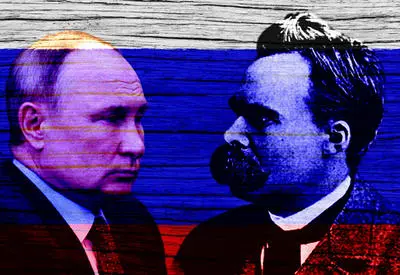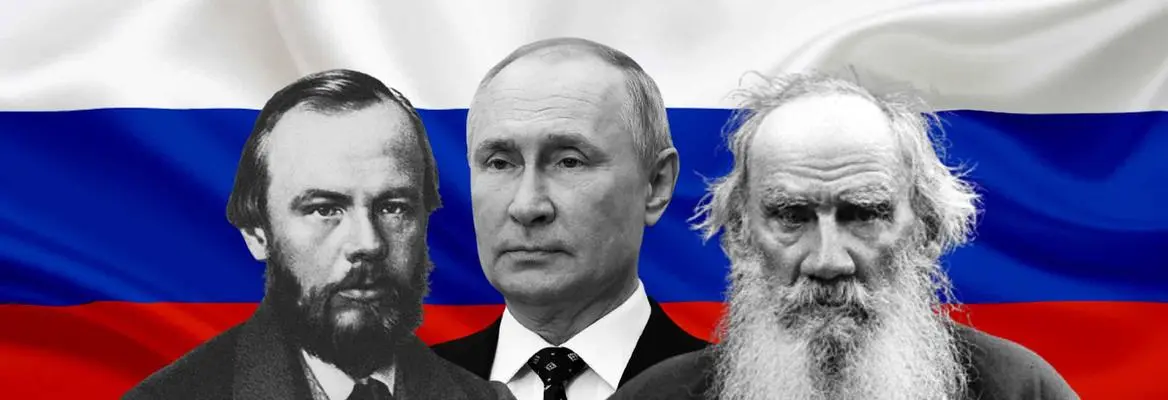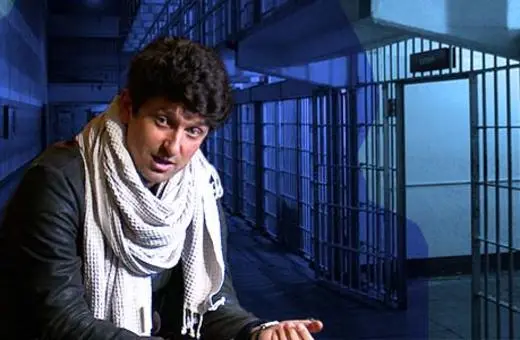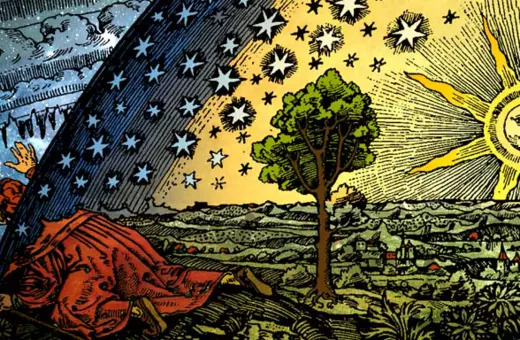The notion of the Russian soul - this ineffable essence that defines the Russian people - has its origin in figures like Tolstoy, Dostoevsky and Turgenev. Despite this literary pedigree, these days it’s animated in the speeches of Vladimir Putin, stoking Russia’s national exceptionalism and anti-Western sentiment. But even though we can’t separate Russian politics from Russian culture, whether we can trace a direct line from the myth of the Russian soul to the war in Ukraine is highly questionable, argues Josephine von Zitzewitz.
The ‘enigmatic Russian soul’ is mentioned in approximately every third university application for a Russian course. Many years ago, my own Russian teacher cheerfully recommended that we ‘grow a Russian soul’ if we hoped to ever speak Russian well. But times have changed. Since Russia invaded Ukraine in February 2022, references to the Russian national character have acquired a sinister connotation, and whether or not to cancel Russian culture remains a topical and poisonous debate.
 SUGGESTED READING
Nietzsche, Putin and the spirit of Russia
By John Milbank
SUGGESTED READING
Nietzsche, Putin and the spirit of Russia
By John Milbank
On the face of it, the ‘Russian soul’ is just another national myth, born during the 19th century, at a time when many European nations affirmed ethno-national identities (cf. German Volksgeist). Writers such as Tolstoy, Turgenev, Dostoevsky and others advanced the idea of an ephemeral depth to the Russian national character. The ‘Russian soul’ is usually evoked alongside a conservative, anti-rational and anti-Western agenda based on religious values. It is also informed by a messianic understanding of Russia’s role in world history, driven by the notion of Moscow as the third Rome, i.e. Russia as the successor to the Roman and Byzantine empires. In 1866, poet Fedor Tiutchev captured the essence of the myth in an aphoristic quatrain ending in the memorable line ‘You must believe in Russia if you can.’ On a more popular level, this self-understanding has given rise to anecdotes such as ‘What is good for a Russian will kill a German’. Germans are the quintessential Western ‘Other’, and the anecdote praises Russian hardiness and the willingness to suffer.
The idea of an unfathomable essence, inherent in the ‘ordinary’ people and somehow able to neutralize, or at least counterbalance, unsavory phenomena of Russia’s socio-political reality, such as a large percentage of the population living in poverty in a country that commands a sixth of the world’s landmass and huge natural resources, or the continued practice of political repression, is undoubtedly attractive. The longevity of this myth has been nourished by several factors. First, there is the vagueness of the term itself. Then there is the extreme distance between a succession of murderous regimes and an astonishingly long-suffering and arguably passive population, which allows for projections along the lines that ‘still waters run deep after all’. Most importantly, perhaps, different aspects of the ‘Russian soul’ have been repeatedly validated by generations of Russia’s finest artists, regardless of the level of persecution many of them experienced (one thinks of Anna Akhmatova’s cycle of poems, ‘Requiem’). This fact might tempt the observer to conclude that ultimately, the ‘Russian soul’ is itself a victim of Russia’s bloodthirsty rulers. But that’s too simple a take.
___
Much as we might want to, it is impossible to separate Russian culture from Russian politics because politicians, keen to exploit cultural capital, habitually make reference to the canon
___





















Join the conversation